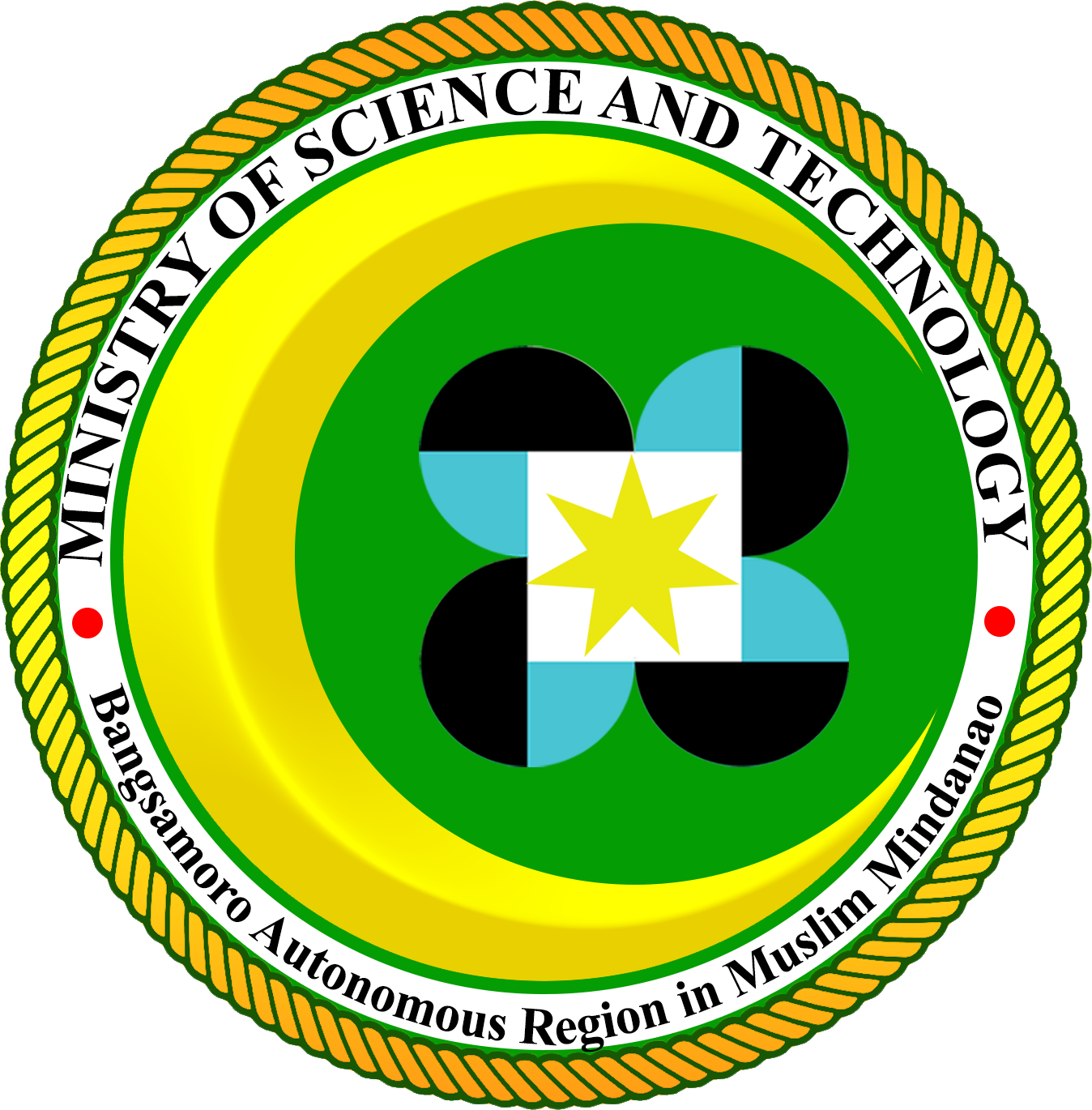In a significant step to foster multidisciplinary discussions on forestry and environmental issues at global, national, regional, and local levels, the Bangsamoro Government’s Ministry of Science and Technology (MOST) participated in the 5th International Conference on Environment and Forest Conservation held at Institut Pertanian Bogor University (IPB University) in Bogor, Indonesia.
The three-day conference, which ran from December 5 to 7, 2024, was a collaborative effort among IPB University, the Southeast Asian Regional Center for Tropical Biology (SEAMEO BIOTROP), Mindanao State University, Kastamonu University, and other stakeholders. It aimed to promote collaboration among academics, scientists, and scholars worldwide to share research, knowledge, technology, and innovations in forestry, environmental conservation, and related fields.
During the opening program, MOST Minister Engr. Aida M. Silongan, Ph.D., was represented by Research and Development Services Director II Nasrudin A. Buisan, EnP, DiSDS. In his welcoming speech, Director Buisan emphasized the importance of joint efforts among stakeholders to address the pressing forestry and environmental challenges faced globally.
“Our efforts must complement each other. Gatherings like this should allow us to discuss and identify ways for academia, research institutions, government, and industry to work together. As the popular belief goes, no single research can solve community problems, and likewise, no single institution can address the complexities of environmental concerns. We need each other,” Director Buisan stated.
With the theme “Forest Conservation in the Anthropocene: Adapting to New Environmental Realities,” the conference highlighted the unprecedented challenges and opportunities of the Anthropocene era, calling for innovative approaches to sustainable forest management and conservation. Key discussion topics included Technology for Resource and Ecotourism Management, Climate Change and Sustainable Forest Resources Management, Resource Utilization, Ethnobiology and Bioprospecting, Policy and Education for Conservation, and Biodiversity and Human-Wildlife Interaction.
Parallel sessions facilitated in-depth discussions on these topics, ensuring a comprehensive exchange of ideas and insights among participants.
Amidst global environmental challenges, the conference highlighted the need for multidisciplinary approaches and international collaboration, combining scientific research, public policy, and active roles from academia and civil society. It aimed to generate innovative solutions for both global and local forest and environmental conservation issues.
#MOSTUpdates2024
[Information and Communication]

